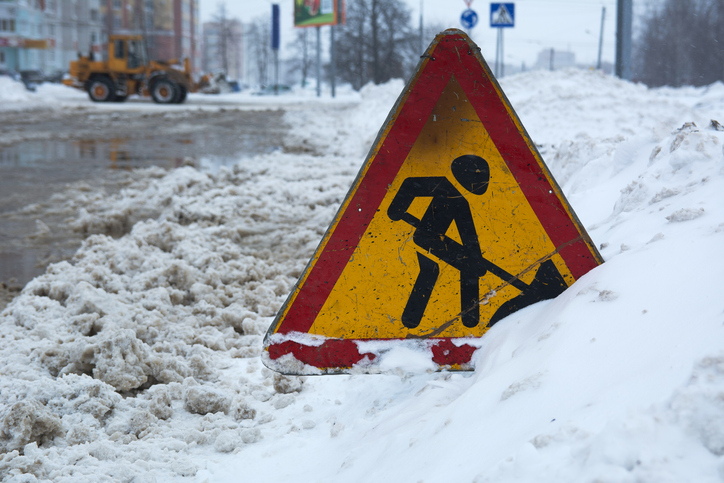What’s the Best Way for Businesses to Handle Heavy Snow Days?

When a light snow comes drizzling in, business owners are right to not stress out. A little snow is okay. But if that snow continues to fall and piles up on sidewalks and roads, causing major traffic concerns and potential hazards, businesses may think twice about opening for the day.
Small businesses should be operating with a snow day policy to avoid any potential issues, helping to avoid costly legal claims and further business interruptions. For businesses in areas where snowfall isn’t typical, having a snow day policy is even more crucial.
Here are a few ways to look at snow days as a small business.
Insuring Your Business
No matter where your business is located, having local insurance, such as business insurance options for those in the northeast, can help to protect everything from major snow day-related claims. People can be injured onsite from slips and falls or employees may feel they have a claim against their employer after being let go for the day. Be sure to have this coverage in place before any potential legal matters arise.
Paying Employees
If you decide to close your business, you still need to make sure you’re paying employees. The U.S. Department of Labor has weighed in on snow days before, stating that if an hourly employee is forced to miss work due to snow closing a business, they must be paid for the full day or shift. For someone who is salaried, they can either be paid for the day or be forced to use a vacation day or paid time off. The reason behind this is that for salaried employees it’s more about what business owners feel is better for their business and employees.
Open Days
If a business decides to stay open, a policy for whether or employees have to show up to work can depend on road conditions. If roads are clear enough, even around snow, a business owner may require all employees to come in. If a certain employee’s commute is harder to navigate due to snow in their location, they shouldn’t be penalized if they’re late or are forced to stay home. However, if you do stay open and someone calls off or is late, you are not forced to pay them a full shift, unless they are salaried.
Working from Home
Working from home is becoming more and more popular among today’s workforce. Whether it’s a large corporation of small startup, telecommuting is something of a normal thing now. If your employees can do their work from home during a snow day, it’s acceptable to require them to work their hours. Telecommuting helps employees avoid any potential for danger and run-ins with hazards.
Important Employees
Some types of businesses require that certain employees remain at the business onsite at all times. While the business may be closed off from customers, some vital employees are still needed to do work behind the scenes. Do not require employees who are not vital to business operations to come in if you’re closed for the day.
Notifying Employees
It’s important that businesses keep their employees informed as to what decisions are being made about snow days and whether or not you’re closed and for how long. There should be a notification policy stored that explains what to expect. Make it perfectly clear when employees will be contacted and how they will be contacted. This decision should be made early enough so that everyone can make plans accordingly.
Tags: Business, Snow Day Policy
